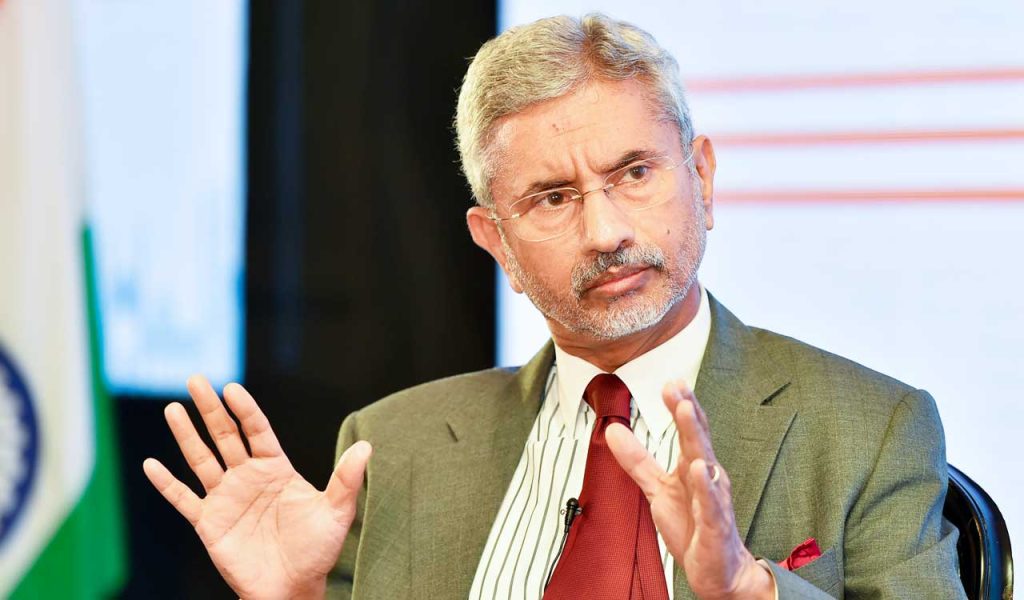Jaishankar said “whatever happens” India and US will have a trade understanding; “but has to be (one) where our bottom lines, our red lines are respected”. India’s foreign minister S Jaishankar’s curt drawing of “red lines” on Sunday on the trade talks with the US — meaning Delhi is not open to negotiations on certain points — came even as the American administration under Donald Trump continues to push for easier and wider access to the Indian market.
Jaishankar said that “whatever happens” India and the US will have to have a trade understanding. “But it has to be an understanding where our bottom lines, our red lines are respected,” he said. These red lines have to do with access to Indian agriculture and dairy sectors, something Delhi is not fine with — PM Narendra Modi has said he “will protect our farmers at any cost”. Jaishankar did not expressly lay out the lines but that’s been stated in the past.
He said, “In any agreement, there are things you can negotiate and there are things you can’t. I think we are pretty clear about that. We have to find that landing ground and that’s been the conversation which has been going on since March.” He was speaking during a discussion on foreign policy at the Kautilya Economic Enclave in New Delhi.
“We have today issues with the United States. A big part of it is the fact that we have not arrived at a landing ground for our trade discussions, and the inability so far to reach there has led to a certain tariff being levied on India,” Jaishankar said, referring to the 25% reciprocal tariff, plus a 25% so-called penalty for buying Russian oil.
Some aspects of the bilateral relationship are continuing as “business as usual”, Jaishankar noted. On the “penalty” tariff, he said, “There is a second tariff which we have publicly said we regard as very unfair, which has picked on us for sourcing energy from Russia.”
He highlighted, not taking names, that countries with a “far more antagonistic relationship with Russia” are also buying Russian energy but have not faced similar punitive levies from the US. Trump has pointed towards European countries as such buyers.
India-US trade talks resumed recently following a thaw in the relationship after a phone conversation between PM Narendra Modi and President Trump, but there’s no clarity on whether the two sides will be able to reach the first tranche of a deal by the fall, as was envisaged when the two leaders met in February.
Jaishankar’s comments come exactly a week after the US commerce secretary, Howard Lutnick, pointedly said last Sunday: “If you want to sell to the US consumer, right, you’ve got to play ball with the President of the United States.”
Having made a series of aggressive, even unsavoury, comments about India when talks were stalled for a couple of months, Lutnick listed India among countries that need to “open their markets” — tagging a condition with the insistence that India must stop buying oil from Russia.
Donald Trump has ben giving mixed signals too — calling India and China funders of Russia’s war in Ukraine at the UN, but also terming PM Modi a good friend, while cozying up to Pakistan, and repeatedly making a claim on the ceasefire that followed Operation Sindoor.
Pakistan has backed his bid for a Nobel Peace Prize on the back of this and other such claims. India has underlined its sovereignty, as Jaishankar did on October 4, which has allegedly been a factor behind Trump’s aggression on tariffs.



